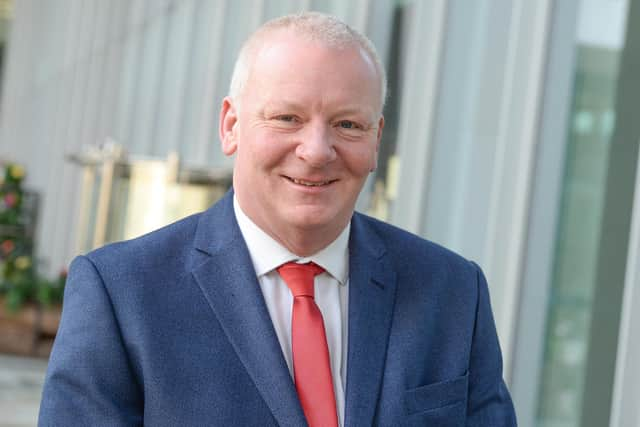Some Lancashire firms struggling to break even, says insolvency specialist
and live on Freeview channel 276
The comments come as the latest insolvency statistics show that the number of business insolvencies in April more than doubled year on year and was 39 per cent higher than in April 2019 before the pandemic
Allan Cadman, who is North West chair of the insolvency and restructuring trade body R3, said: “The latest figures reflect the continued toll the economic turbulence is taking on the business community. The boom many were hoping for when pandemic restrictions ended simply hasn’t happened as the UK has moved from one damaging set of economic stressors to another without any time to draw breath.


Advertisement
Hide AdAdvertisement
Hide Ad“Businesses are trying to trade amidst rising inflation, a contracting economy and consumer confidence at a near historic low – lower than during the peak of the pandemic – due to cost of living concerns. Alongside this, rising fuel and energy costs and demands for increased wages from employees mean that it’s a challenge simply to break even at the moment, especially for those businesses who are still reeling from the pandemic. “
The figures, which cover England and Wales, show that there were 1,991 business insolvencies in April, an increase of 115 per cent compared to April 2021. The rise was drive by an increase in Creditor Voluntary Liquidations, a procedure initiated by directors of insolvent firms to close their company, which more than doubled since April 2021.
